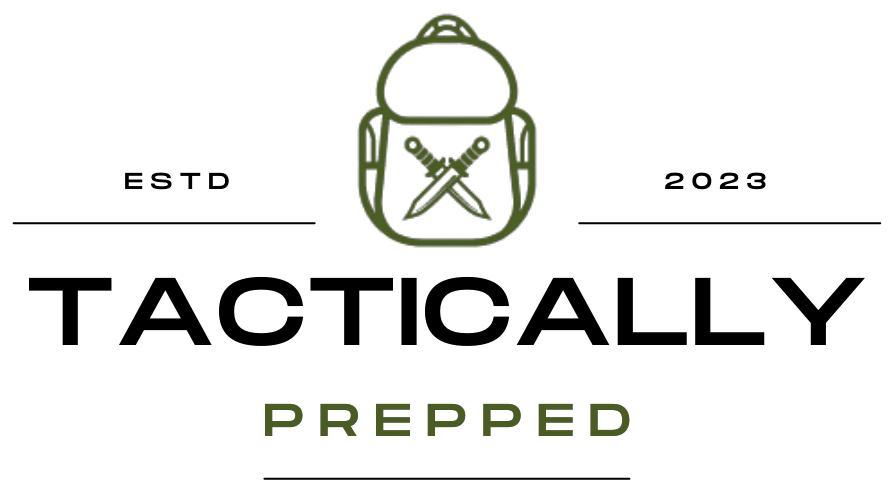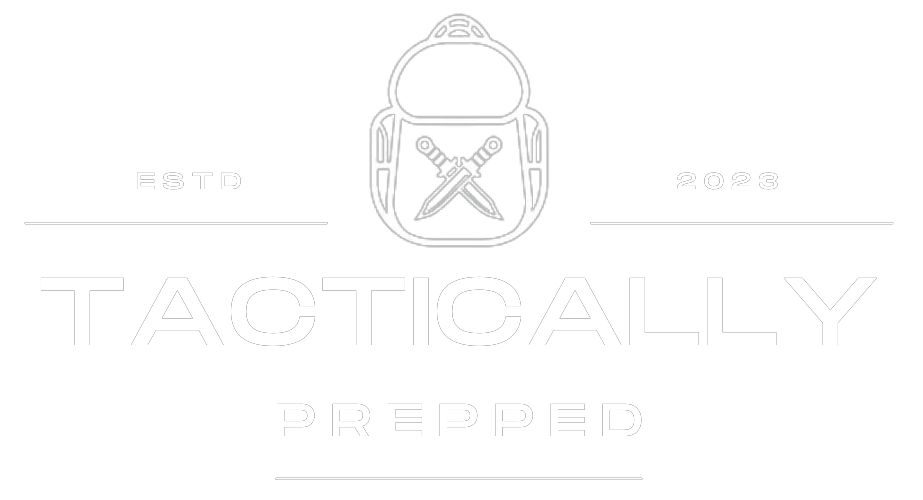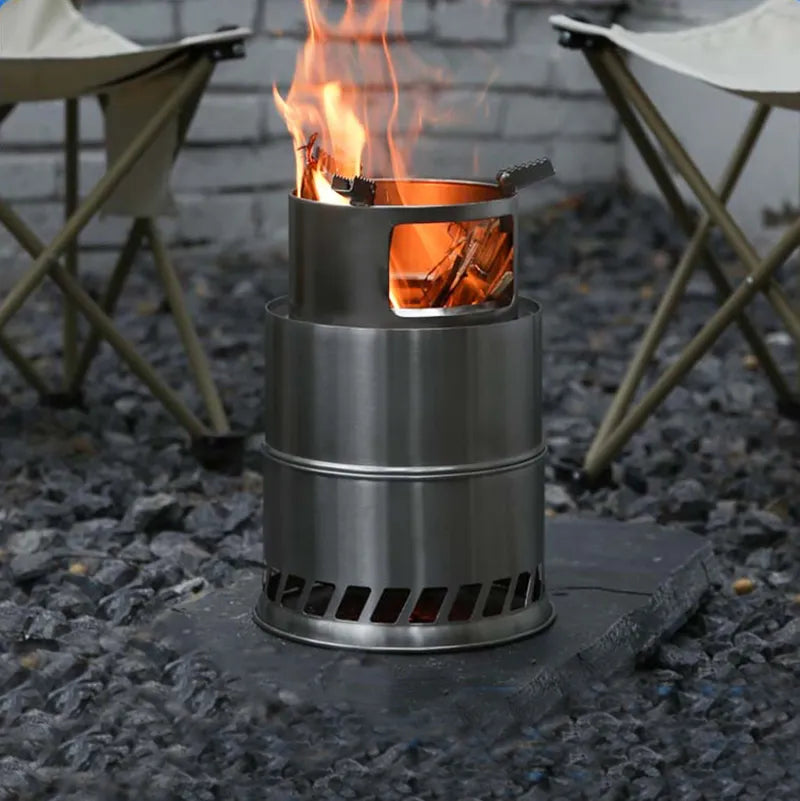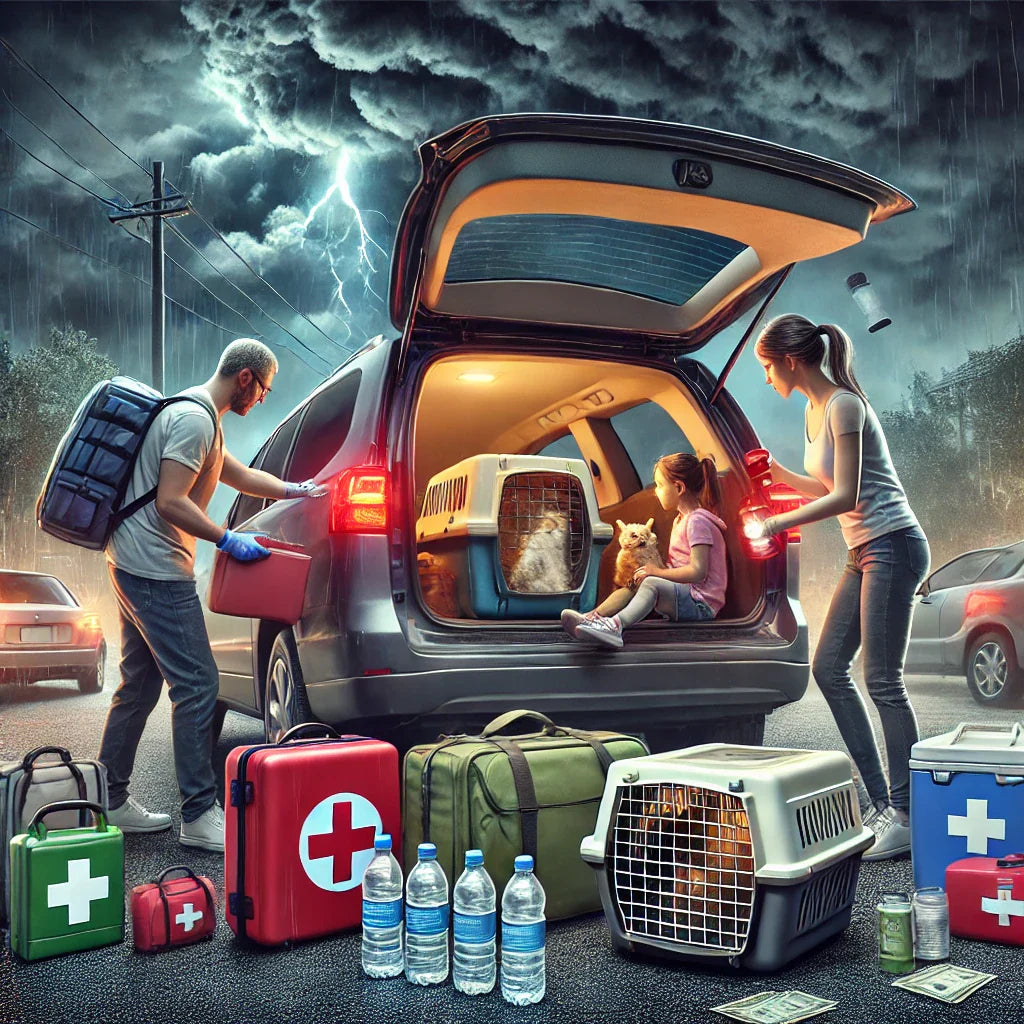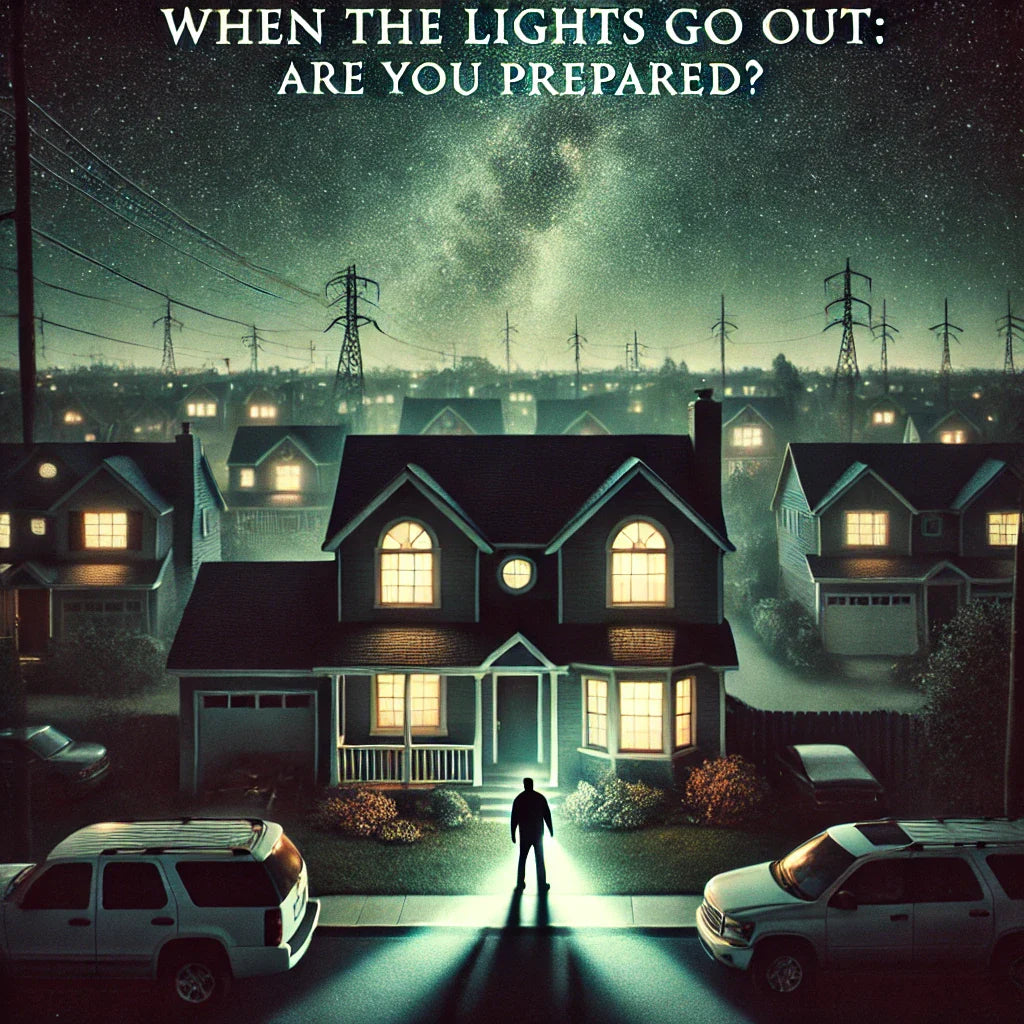
When the Lights Go Out: How to Survive a Grid-Down Crisis
It started like any other Friday. The hum of the morning news played in the background as Liam sipped his coffee. Reports of "unusual activity" on the power grid flashed briefly before the channel returned to weather updates and sports scores. Shrugging it off as typical news chatter, Liam didn’t think twice. That is, until the lights in his house flickered, his phone buzzed with a strange emergency alert, and suddenly, everything went dark.
Liam's suburban neighborhood wasn’t just quiet—it was eerily silent. No hum of air conditioners, no distant music from a neighbor’s backyard. Curious, he stepped outside. He noticed his neighbors, some standing in their driveways, looking at their phones with frustration as the screens refused to load anything.
“Massive blackout,” someone muttered. “Probably back on in an hour or two.”
But an hour turned into three, and then six. By nightfall, it was clear this wasn’t a routine outage. The stars twinkled brightly overhead, unchallenged by city lights for the first time in years, as an unsettling reality settled in: the power grid had collapsed.
The First 24 Hours
Liam wasn’t completely unprepared. A dedicated reader of survival blogs, he had a 72-hour emergency kit tucked away in his closet. Flashlight? Check. Batteries? Check. Freeze-dried food and a water filter? Check. But as he heard the muffled arguments of neighbors debating whether to leave or stay, he realized many weren’t so lucky.
His first move was to secure water. Knowing that municipal systems could fail without power, he filled every container he could find: sinks, bathtubs, pots, and pans. Clean drinking water was priority one. He also pulled out his bugout bag—something he’d purchased “just in case” but never thought he’d need.
The bag had everything: a first-aid kit, a multi-tool, fire starters, and even a small solar charger. Grateful for his past foresight, he couldn’t help but think about how many of his neighbors didn’t even have basic supplies.
Day 3: Reality Sets In
By the third day, the situation grew dire. Gas stations were out of fuel, grocery stores had been picked clean, and tempers were flaring. Liam noticed groups of people walking toward the city, hoping to find aid. But he knew better. Large crowds in a crisis are rarely safe, and without clear guidance or law enforcement, things could spiral fast.
Instead, Liam decided to stay put and ration what he had. He set up a small cooking station in his backyard, using a portable stove from his kit. He boiled water, prepared freeze-dried meals, and kept a low profile. The less attention he drew to himself, the better.
He also began to scout the area during the early morning hours when it was quiet. He noted which neighbors were staying put, who seemed prepared, and who might become desperate. It wasn’t paranoia—it was survival.
Lessons Learned
After two weeks, the power finally came back on. The government revealed that a cyberattack had crippled the grid, and it would take months to fully repair the damage. While some people cheered the return of electricity, others weren’t so lucky. Stories of theft, violence, and even fatalities trickled out.
Liam, however, emerged from the experience with a deeper understanding of preparedness. Here’s what he learned:
-
Water Is King: You can survive weeks without food but only days without water. Having a way to purify and store water is essential. Liam’s water filter and quick action to fill containers were lifesavers.
-
Stay Low-Key: In a crisis, broadcasting your resources makes you a target. Liam’s decision to cook discreetly and avoid crowds kept him safe.
-
Know Your Gear: Owning a bugout bag is one thing; knowing how to use it is another. Liam had practiced with his tools and equipment beforehand, saving him valuable time and stress.
-
Community Matters: While it’s essential to be self-reliant, having a network of trusted neighbors can provide security and support. Liam regretted not fostering those relationships before the blackout.
Are You Prepared?
Liam’s story is a wake-up call. A SHTF (S*** Hits The Fan) situation can happen when you least expect it. Whether it’s a power grid failure, natural disaster, or something else entirely, being prepared can mean the difference between survival and chaos.
Start with the basics: have an emergency kit, stockpile water, and make a plan for you and your family. Because when the lights go out, it’s too late to wish you had prepared.
Are you ready for the unexpected? It’s time to find out.
